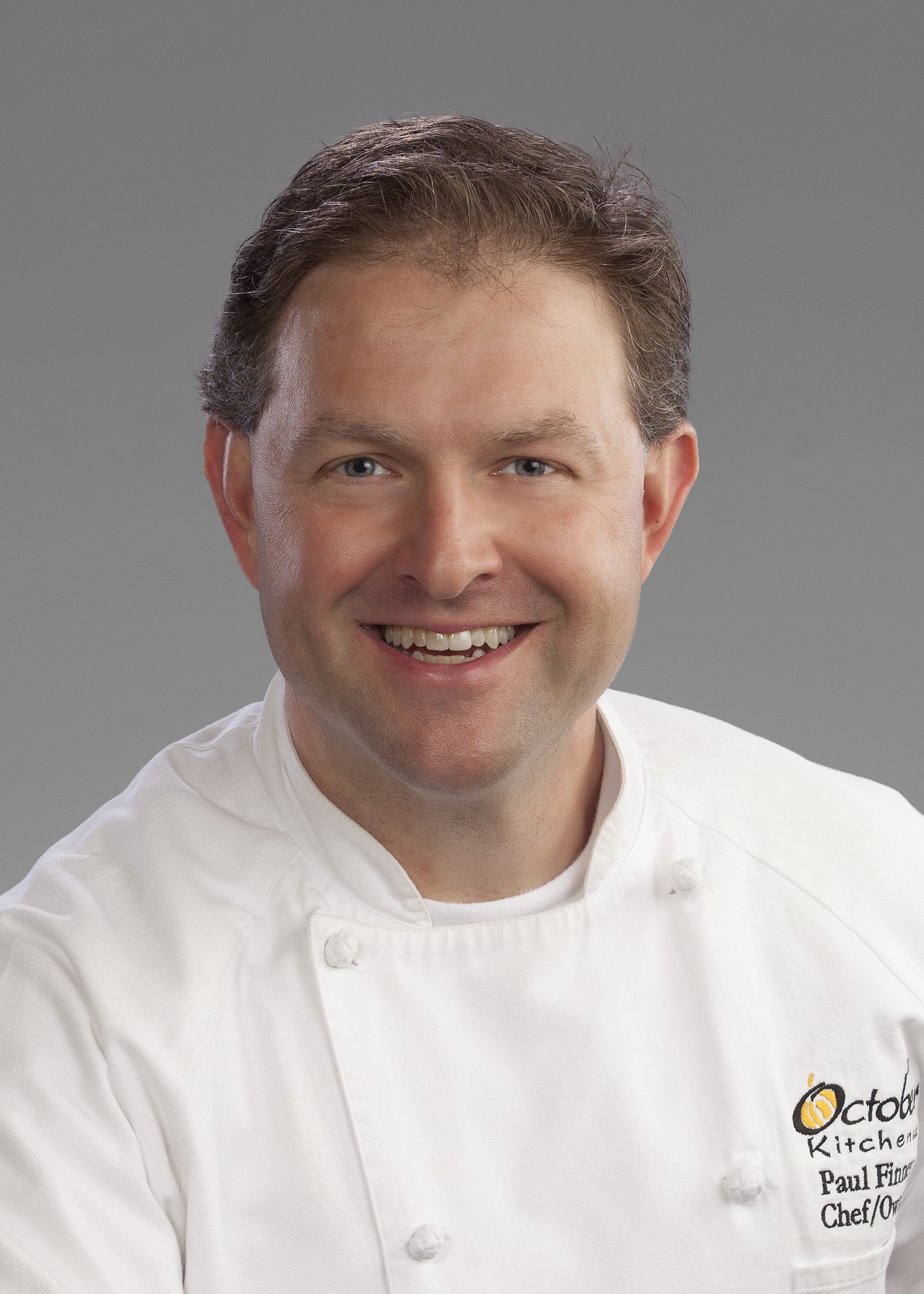
Protein is extremely important for a human body to stay healthy in its truest sense. It helps muscle grow strong and also keeps the bones intact. Everyone should look to include an adequate amount of protein in their daily meals throughout their lives, especially when they reach an elderly age.
According to a study, older adults need more protein than younger people. It’s due to the fact that our body composition continuously changes as we age. It is inevitable that the amount of protein in our bodies decreases significantly as we grow older. Blood components, organ tissues and immune bodies also reduce along with body protein and that leads to certain consequences such as weak immunity and the loss of elasticity of the skin. This is also the reason why older adults are unable to fight infections and their wounds also do not heal as quickly.
Loss of muscle mass occurs at an elderly age
Among many other things that come with elderly age is the loss of muscle mass. Science has shown that most people post the age of 50 start losing muscles. This loss of muscle mass, on average, ranges from 0.5% to 2% of total mass of the muscles per year.
There are plenty of reasons behind this loss. One prominent one is the lesser involvement in physical activities. Even when older adults look to do appropriate exercises, they will not be able to build muscles as well as they could at younger age. To add to that, there is a significant decline in the ability of building muscle as we grow old.
The good news is that adequate protein intake can help minimize this loss of muscle mass. However, this intake must be higher than what is recommended to an average young person. This is because older adults do not digest and assimilate protein as effectively.
What is the recommended amount?
The amount of protein that is recommended for an average person is 0.8 grams per kilogram of body weight. However, for older adults, the recommended amount is at least 1 gram per kilogram of total body weight. Equivalent of that would be 0.45 grams per pound of body weight. It is the amount of protein older adults should be taking in on a daily basis. This number can even increase when these people are going through physiological stress.
Ways to increase the protein intake
– First and foremost, older adults should set protein goals for themselves. Setting these goals will help them easily meet the daily requirements. Some doctors suggest the consumption of 25 to 30 grams of protein in every single meal. This will help elderly people improve muscle protein synthesis (MPS) and reduce the rate of muscle mass loss.
– Another thing older adults need to do is eat eggs daily, preferably in breakfast. Eggs are an excellent source of high-quality protein. Elderly people can really benefit from eggs as they are inexpensive, easily prepared and readily available. Also, the dietary cholesterol does not increase the risk of heart diseases in older adults, contrary to the general perceptions.
Elderly people need to be watchful of their protein intake in order to maintain healthy muscle mass and strengthen it to avoid the diseases linked with the lack of protein.

